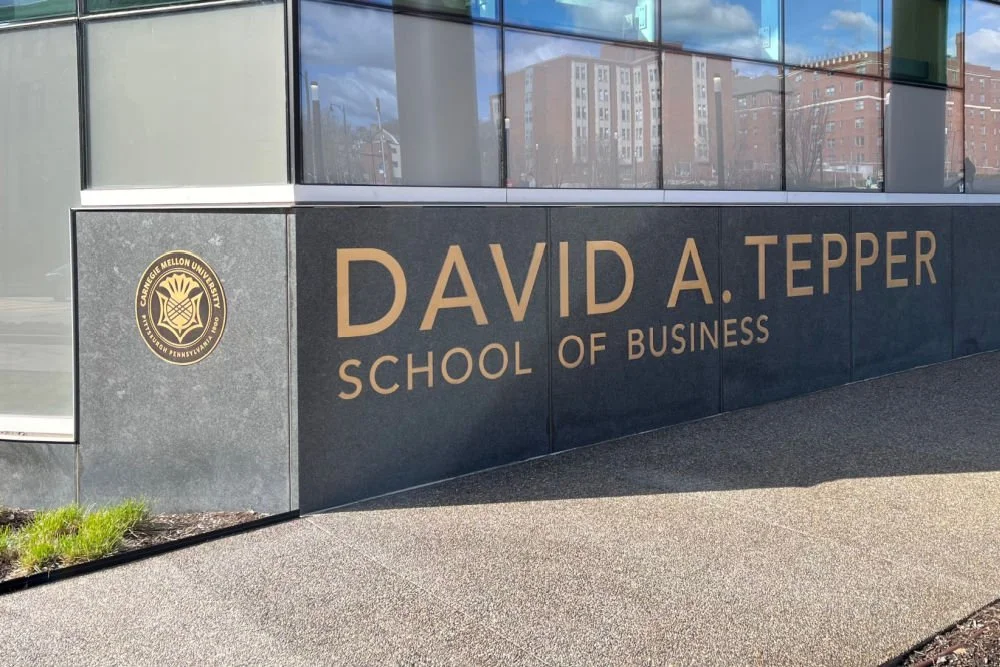The Last Mile: A Wealthy Couple Focuses at Home and Abroad
/School children in Namibia.
Harvard graduate Chris Flowers became a Goldman Sachs partner in the late 1980s when he was barely into his thirties. While he’s not part of the pre-1999 IPO partnership class we often write about at Inside Philanthropy, Flowers went on to found private equity investment firm J.C. Flowers & Co., and like many in the Goldman clan, is also philanthropic.
Chris Flowers and his wife Anne, a pilot who flies Gulfstream jets with J.C. Flowers & Co. these days, move their charitable contributions through the J.C. Flowers Foundation, focusing their grantmaking on two distinct geographic areas. One is Harlem, New York, in the couple’s own backyard. The other is in Africa, specifically the adjacent countries of Namibia, Angola, Zambia and Zimbabwe.
Why have the Flowers couple chosen to focus on these two distinct regions, and what specifically do they they support in their giving? I recently spoke with J.C. Flowers Foundation Executive Director Susan Lassen to unpack the story. Susan herself has an interesting background, working for Save the Children U.K. in Nigeria, and later founding the Save the Children chapter on Long Island.
Susan tells me that while Flowers had been a donor to his schools, local hospitals, and other causes close to the family, he started to become interested in doing some more strategic philanthropy. He wanted to invest in a promising neglected gap—someplace where other funders weren't working and where his funds could really move the needle. This is a common trajectory for donors. They start with relationship giving, which is easy and familiar, but then at some point, want to raise the bar in a quest for more impact.
Chris and Anne Flowers, along with Susan, traveled to Northern Zambia and visited the Anglican Mission in Fiwila, a trek that took eight hours by jeep from the nearest town. The only existing structure in this remote village was a church. They all passed the night in a mission rectory, and in the morning, the priest informed them that a young child had just died from malaria. What's more, no one in the village knew why the child died; they didn't understand the connection between malaria and mosquitoes.
The Flowerses immediately sprung to action and launched NetsforLife in 2004 in partnership with Episcopal Relief and Development. The malaria prevention partnership empowers communities to fight the disease by raising awareness, providing life-saving education, and promoting the use of long-lasting insecticidal nets (LLINs) in homes. That same year, the family also launched J.C. Flowers Foundation, to focus on these same issues.
Major foundations like the Gates Foundation, along with corporations like ExxonMobil, have also long been engaged in the malaria fight. In sub-Saharan Africa, the number of malaria deaths has declined by nearly 70 percent since the year 2000. However, malaria continues to kill nearly a half-million people annually, with most deaths occurring among children in sub-Saharan Africa. Over the years, the J.C. Flowers Foundation's efforts have shifted from malaria prevention to outright elimination.
Through the Isdell: Flowers Cross Border Malaria Initiative, the foundation supports programs to eliminate malaria in some of the hardest to reach, or “last mile,” communities in sub-Saharan Africa. The foundation works with national governments, local grassroots organizations, and more to achieve this goal. Susan mentions that the faith community has been especially critical. Much like the village the Flowerses and Anne visited, the church is often the only existing structure in many of these communities. Chris and Anne are Episcopalians themselves.
Chris Flowers has said that malaria "became fashionable and received a lot of support, but now it's getting a little bit 'tired' in terms of how fashionable it is. Yet it would appear from figures produced by the Gates Foundation that with considerable sustained additional funding, the disease could actually be eradicated." Susan adds that the "real problem is that if we stop too soon before malaria is eradicated, it will come back with a vengeance. We know that now."
The J.C. Flowers Foundation also focuses some of its grantmaking back stateside, in Harlem, New York, specifically. In New York, 30 percent of parolees are re-incarcerated within a year of release, and 42 percent returned to prison within three years. In 2010, Flowers launched the Harlem Parolee Initiative to address this other untended space. The Flowers Foundation provides partners—including the Harlem Community Justice Center and the Kennedy School of Government—with financial support so that they can play a more active role in delivering support services to parolees. It's a similar formula that the foundation uses to curb malaria, and Susan says that the couple has "applied a pretty disciplined, rigorous mission to work where there's a gap with education and training as needed."
Susan tells me J.C. Flowers Foundation is always open to new partners. No one person can do this alone, and the Flowerses are deeply committed to their causes. "Anne and Chris are very unusual because they travel, and they visit, and they sit under the tree, and they listen to the story," Susan says. The foundation has over 1,000 volunteers who they've trained and who work on malaria in their communities. "It's an amazing network," she says.







































